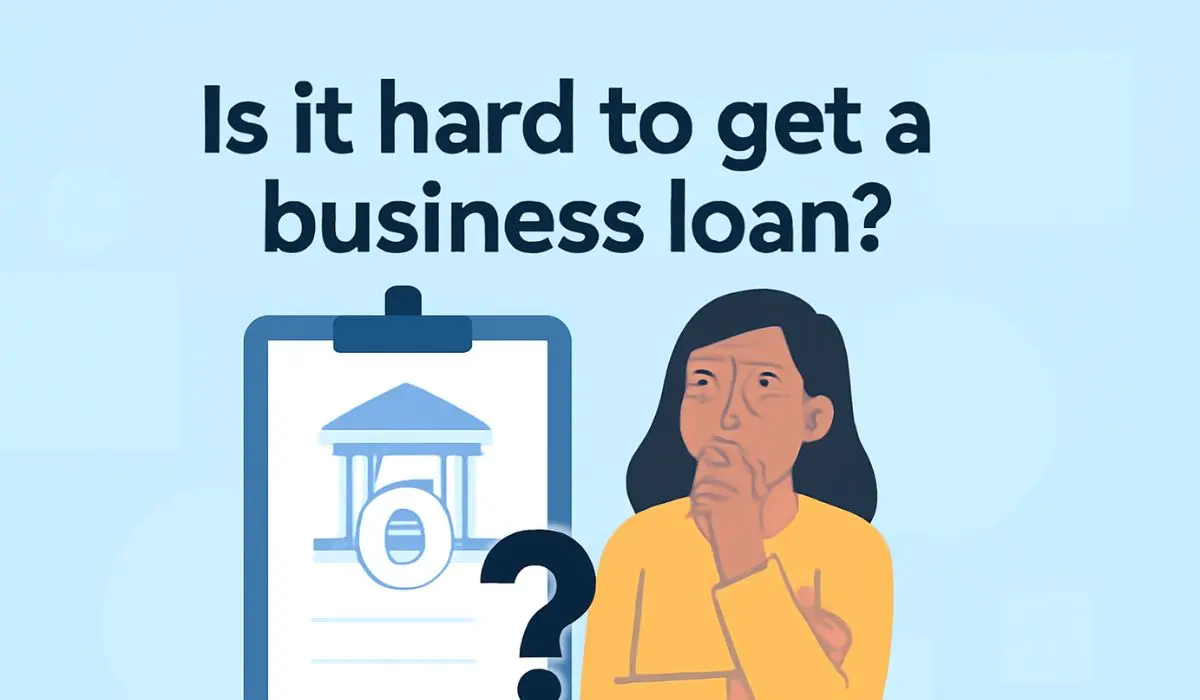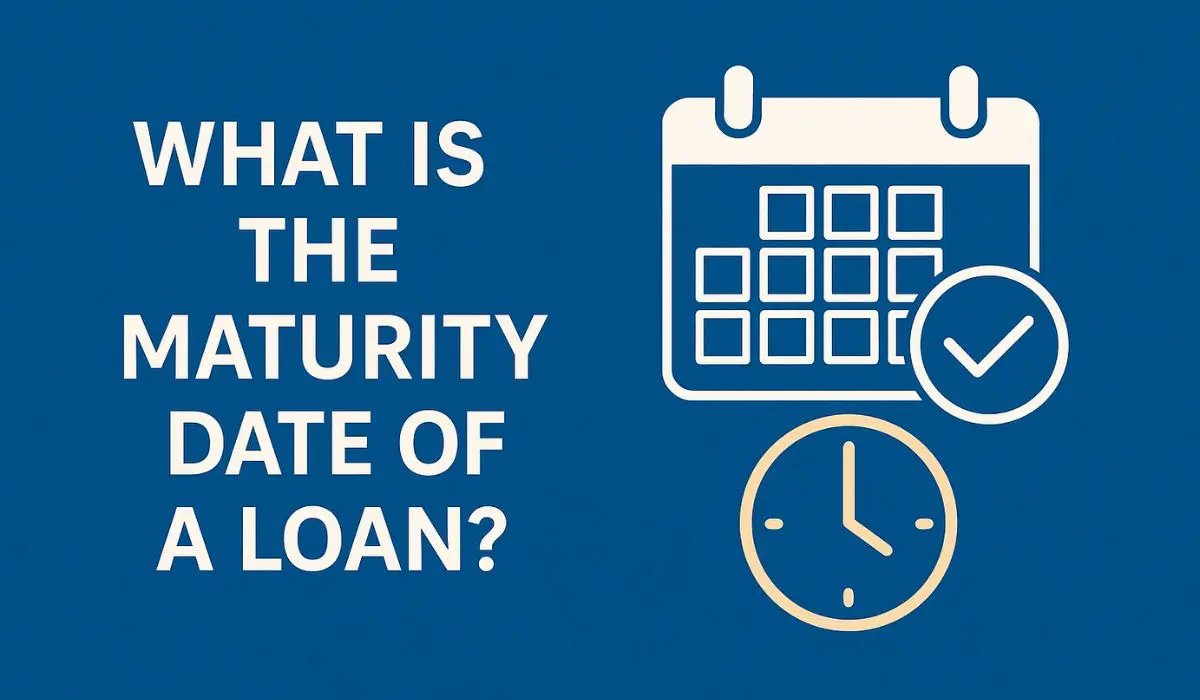Your total loan balance increases due to several factors: interest accrual, late payments, penalties, loan fees, unpaid principal, and compounding interest. When interest rates are high, or you miss payments, the balance grows faster.
Loan fees and charges, like origination and service fees, also add to the total amount owed. Additionally, if interest is capitalized or added to the principal, it can further increase your loan balance over time. Understanding these factors helps you better manage your debt and avoid surprises.
1. Interest Rates
Interest is one of the most significant factors that can increase your total loan balance. When you borrow money, the lender charges you interest on the principal amount. This interest is calculated periodically, typically on a monthly or yearly basis.
How Interest Affects Your Loan Balance:
- High Interest Rates: If your loan has a high interest rate, the amount you owe increases more quickly because more interest is added to your balance over time.
- Low Interest Rates: On the other hand, loans with low interest rates accumulate slower, making it easier to manage the debt.
The key takeaway here is that a higher interest rate directly impacts your loan balance by causing it to grow faster. Understanding what increases your total loan balance through interest is critical to managing your finances well.
2. Late Payments and Penalties
Making payments late can have a significant impact on your total loan balance. Most loan agreements include penalties or late fees if you miss a payment. These fees are added directly to your loan balance, increasing the amount you owe.
How Late Payments Affect Your Loan Balance:
- Late Fees: Missing a payment or paying after the due date often leads to additional charges. These fees can quickly accumulate, making it harder to reduce your overall loan balance.
- Negative Impact on Credit Score: Late payments can also damage your credit score, which could affect your ability to secure favorable loan terms in the future.
Staying on top of your payments is a simple yet effective way to avoid what increases your total loan balance.
3. Loan Fees and Charges
Loan agreements often come with fees that can be added to the total amount you owe. These fees vary by lender and loan type, but they can contribute to the increase in your total loan balance over time.
Common Fees to Watch Out For:
- Origination Fees: These are fees charged by the lender for processing your loan application. They are often deducted from the loan amount upfront but can still impact the total balance.
- Service Charges: Ongoing service charges for managing your loan can also add to the balance, especially if they are not paid off promptly.
Being aware of these fees and how they add up can help you understand what increases your total loan balance and allow you to make better financial decisions.
4. Loan Terms and Conditions
The terms and conditions of your loan agreement have a significant impact on how your loan balance grows. These factors include the length of your loan, the payment schedule, and the type of loan you have.
How Loan Duration Affects Your Balance:
- Longer Loan Terms: While extending the term of your loan may reduce monthly payments, it can also increase the total balance due to the accumulation of more interest over time.
- Shorter Loan Terms: Shorter terms typically mean higher monthly payments but less interest paid overall, leading to a lower total balance.
Understanding the loan term and how it affects your total loan balance is important for making the best financial choice.
5. Unpaid Principal Balance
The principal balance is the original amount you borrowed. How you make payments on this balance plays a critical role in reducing or increasing your loan balance.
Impact of Payments on Principal:
- Not Paying Enough Toward Principal: If your payments only cover the interest and not enough of the principal, your loan balance can remain the same or even grow.
- Paying Extra Toward Principal: Paying extra on the principal reduces the balance more quickly and helps you pay off the loan sooner.
To avoid seeing your total loan balance grow, it’s essential to make sure that you are paying enough toward the principal.
6. Compounding Interest
Compounding interest is when the interest you owe is added to your balance, and then interest is charged on that new total. This means the longer you carry the debt, the more interest you end up paying.
How Compounding Interest Increases Loan Balance:
If your loan uses compound interest, it can significantly increase your balance over time, especially if you miss payments or make partial payments. Understanding the concept of compounding interest is crucial to managing and minimizing what increases your total loan balance.
7. Refinance or Loan Modification
Sometimes, people refinance or modify their loans to make payments more manageable. While this can be helpful in the short term, it can sometimes increase the total loan balance.
How Refinancing Affects Loan Balance:
- Refinancing: When you refinance, you may extend the loan term or change the interest rate. While it may lower monthly payments, it can increase the total balance due to additional interest over time.
- Loan Modifications: Some loan modifications may add missed payments to the loan balance, further increasing the total amount you owe.
It’s important to fully understand the terms of any loan changes to avoid surprises in what increases your total loan balance.
Conclusion
Understanding what increases your total loan balance is vital for managing your debt effectively. Interest rates, late payments, loan fees, loan terms, and compounding interest can all contribute to an increasing balance.
By staying on top of your payments, avoiding unnecessary fees, and carefully considering your loan terms, you can keep your loan balance under control and avoid growing debt.
Managing your loan balance isn’t just about making payments—it’s about understanding how each factor contributes to your overall debt. Stay informed and make smart financial choices to ensure your loan balance doesn’t spiral out of control.
FAQs
Your loan balance increases due to interest accrual, late payments, penalties, loan fees, unpaid principal, and compounding interest over time.
The total balance in FAFSA can increase due to accumulated interest, fees, and unpaid loan payments on federal student loans.
A loan balance increases due to unpaid interest, late fees, missed payments, or loan fees added to the principal amount.
On Quizlet, this likely refers to loan-related terms or study sets. A loan balance would increase due to interest, fees, or lack of full payment.
Capitalization increases your loan balance. This happens when unpaid interest is added to the principal amount, leading to interest being charged on a larger balance.






